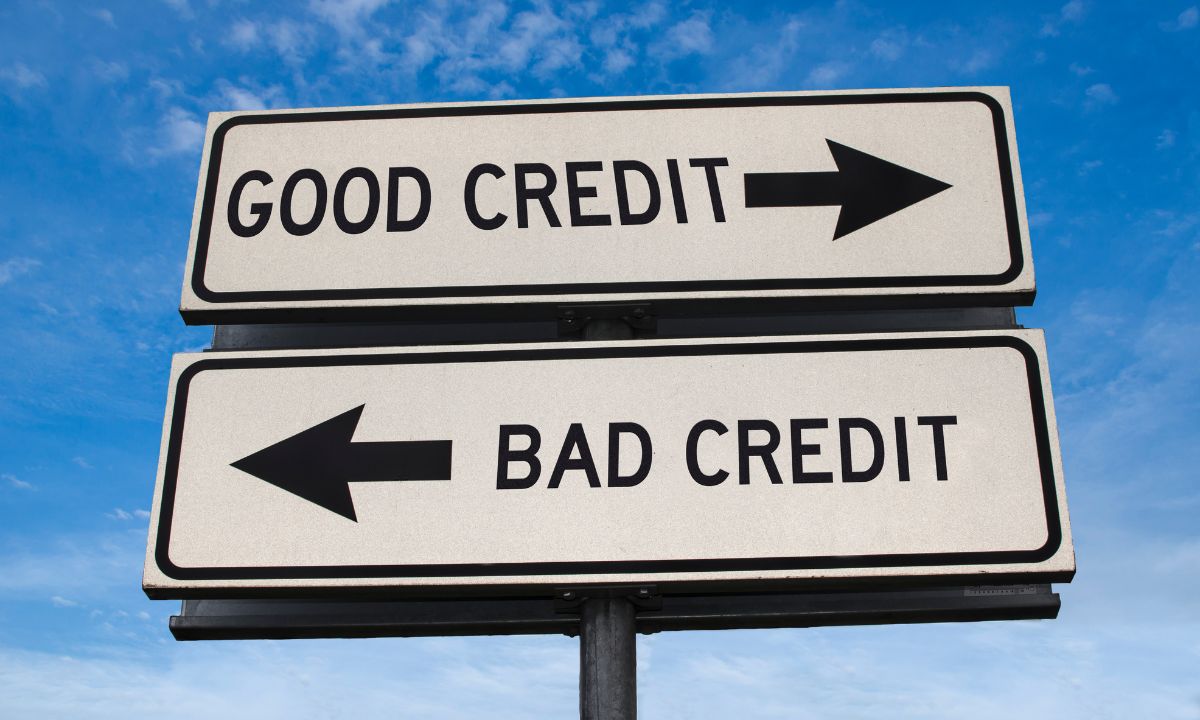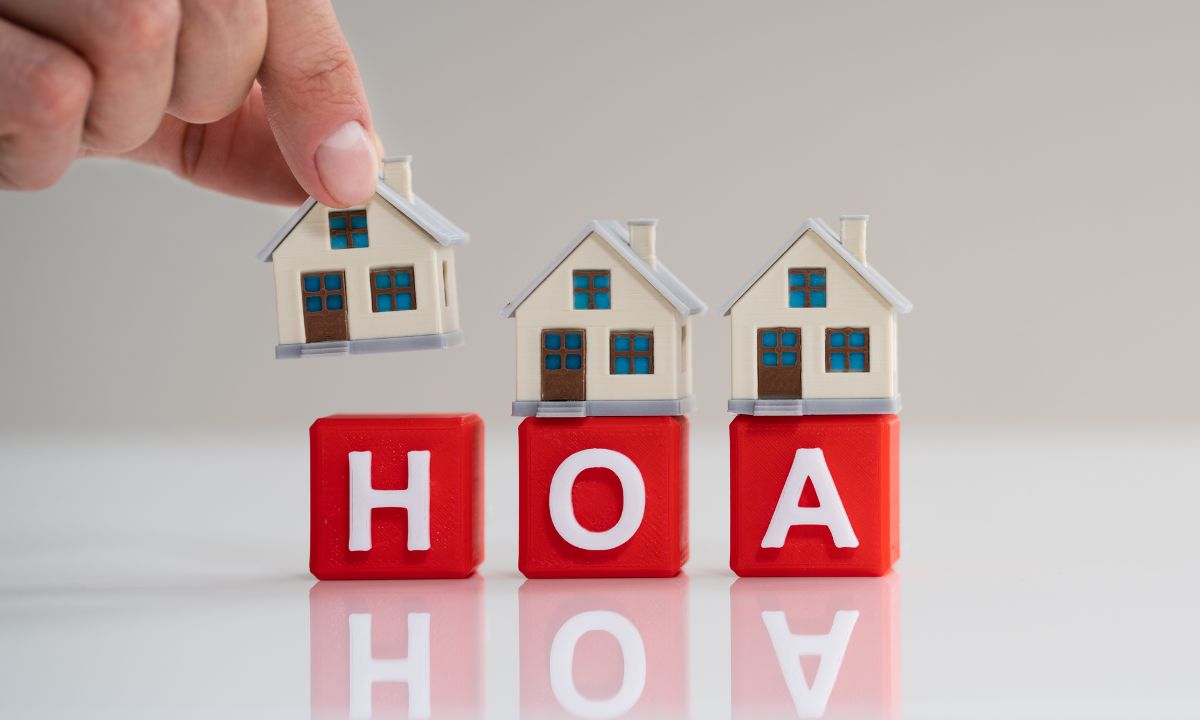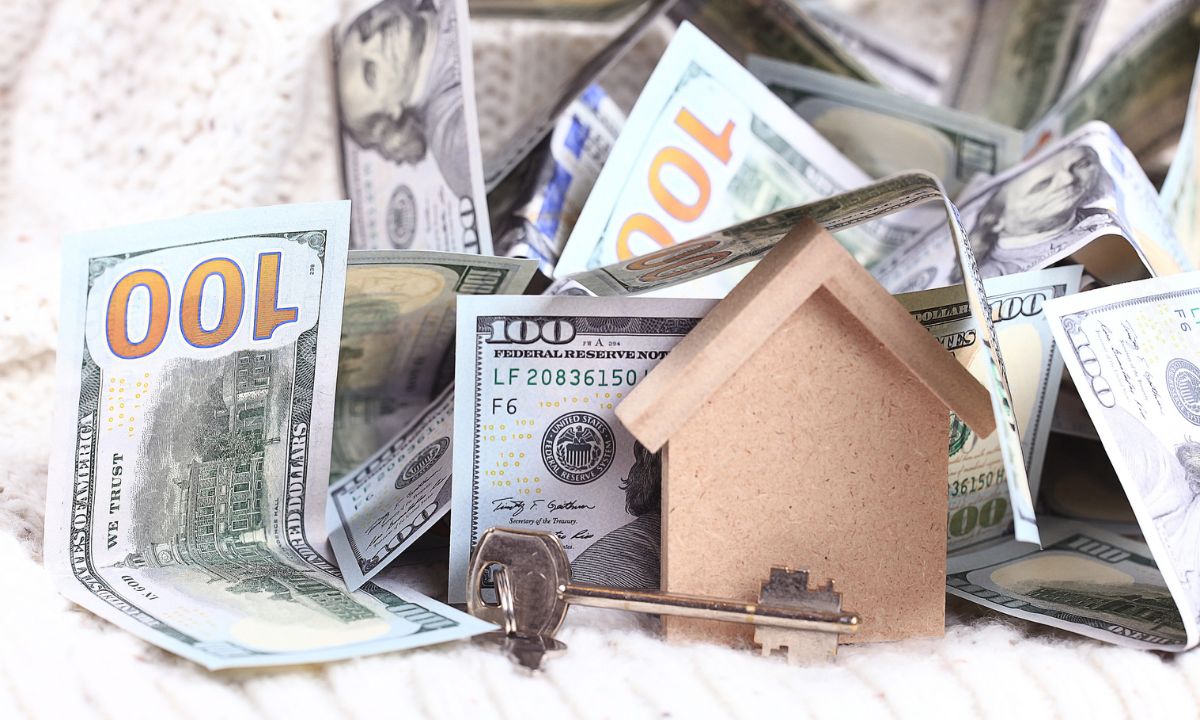Tips and Insights on Home Buying with Bad Credit
 When thinking about homeownership, a perfect credit score often seems like the golden ticket. But what if your credit history isn’t picture-perfect? Don’t worry; buying a home with bad credit is still within reach. With careful planning and strategic moves, you can turn your dream of homeownership into a reality. Here are some valuable tips and insights to guide you through the process:
When thinking about homeownership, a perfect credit score often seems like the golden ticket. But what if your credit history isn’t picture-perfect? Don’t worry; buying a home with bad credit is still within reach. With careful planning and strategic moves, you can turn your dream of homeownership into a reality. Here are some valuable tips and insights to guide you through the process:
1. Know Your Credit Score Inside Out
Before plunging into the homebuying journey, arm yourself with knowledge about your credit score. Request a copy of your credit report from all three major credit bureaus—Equifax, Experian, and TransUnion. Review these reports thoroughly to identify any errors or discrepancies that could be dragging your score down. Rectifying inaccuracies can give your credit score a significant boost.
2. Understand Your Options
Having bad credit doesn’t necessarily mean you’re out of options. Research various home loan programs tailored for individuals with less-than-perfect credit. FHA (Federal Housing Administration) loans, for instance, are accessible to borrowers with credit scores as low as 500 with a 10% down payment or 580 with a 3.5% down payment. Keep in mind that the FHA sets this limit, but individual lenders may require a higher score. Explore alternative lenders or credit unions that might offer more flexibility in lending criteria.
3. Build Up Your Savings
While a hefty down payment can mitigate the impact of bad credit, it’s not the only financial aspect to consider. Lenders often scrutinize your savings and assets to gauge your financial stability. Prioritize building up your savings to demonstrate your ability to handle homeownership responsibilities. Aim to have a healthy emergency fund in place to cover unexpected expenses post-purchase.
4. Consider a Co-Signer or Joint Application
If your credit score falls below the lender’s threshold, consider enlisting the help of a co-signer with a stronger credit profile. A co-signer essentially guarantees the loan and shares responsibility for repayment. Alternatively, explore joint applications with a spouse, partner, or family member to combine incomes and improve your overall financial standing in the eyes of lenders.
5. Improve Your Credit Score Before Applying
Patience can be a powerful tool in your homeownership journey. Take proactive steps to improve your credit score before applying for a mortgage. Pay down existing debts, make timely payments on all bills, and avoid opening new lines of credit. These actions demonstrate financial responsibility and can lead to a gradual increase in your credit score over time.
While bad credit may present challenges on the path to homeownership, it’s not an impossible obstacle. Armed with knowledge, determination, and strategic planning, you can navigate the homebuying process with confidence. Remember, the journey to owning your dream home may have its twists and turns, but with perseverance and the right approach, you can turn your homeownership dreams into reality. Give us a call today to see how we can help!

 With the current shortage in housing inventory, more buyers are considering condominiums and townhomes as viable options. Most of these properties are part of a homeowners’ association (HOA), which plays a crucial role in maintaining the community. Understanding what an HOA entails can help you make an informed decision before purchasing your next home. Here’s what you need to know:
With the current shortage in housing inventory, more buyers are considering condominiums and townhomes as viable options. Most of these properties are part of a homeowners’ association (HOA), which plays a crucial role in maintaining the community. Understanding what an HOA entails can help you make an informed decision before purchasing your next home. Here’s what you need to know: Owning a home as a single mom might seem challenging, but it’s more achievable than you think. With the right resources, first-time homebuyer grants, and housing programs, you can turn the dream of homeownership into reality. Here’s what you need to know.
Owning a home as a single mom might seem challenging, but it’s more achievable than you think. With the right resources, first-time homebuyer grants, and housing programs, you can turn the dream of homeownership into reality. Here’s what you need to know. Credit card debt in the U.S. has surged to an unprecedented level, climbing by $50 billion last year to a staggering $1.13 trillion. This highlights the financial strain many individuals and families are experiencing, making effective debt management more crucial than ever. One potential strategy to consider is a cash-out refinance on your home.
Credit card debt in the U.S. has surged to an unprecedented level, climbing by $50 billion last year to a staggering $1.13 trillion. This highlights the financial strain many individuals and families are experiencing, making effective debt management more crucial than ever. One potential strategy to consider is a cash-out refinance on your home. Navigating today’s real estate market can be challenging, especially when dealing with properties listed as “cash-only.” These homes often require extensive repairs or are in poor condition, making them difficult to finance through traditional means. Fortunately, a renovation loan offers a solution, allowing you to finance both the purchase and renovation of these properties with a single loan.
Navigating today’s real estate market can be challenging, especially when dealing with properties listed as “cash-only.” These homes often require extensive repairs or are in poor condition, making them difficult to finance through traditional means. Fortunately, a renovation loan offers a solution, allowing you to finance both the purchase and renovation of these properties with a single loan.